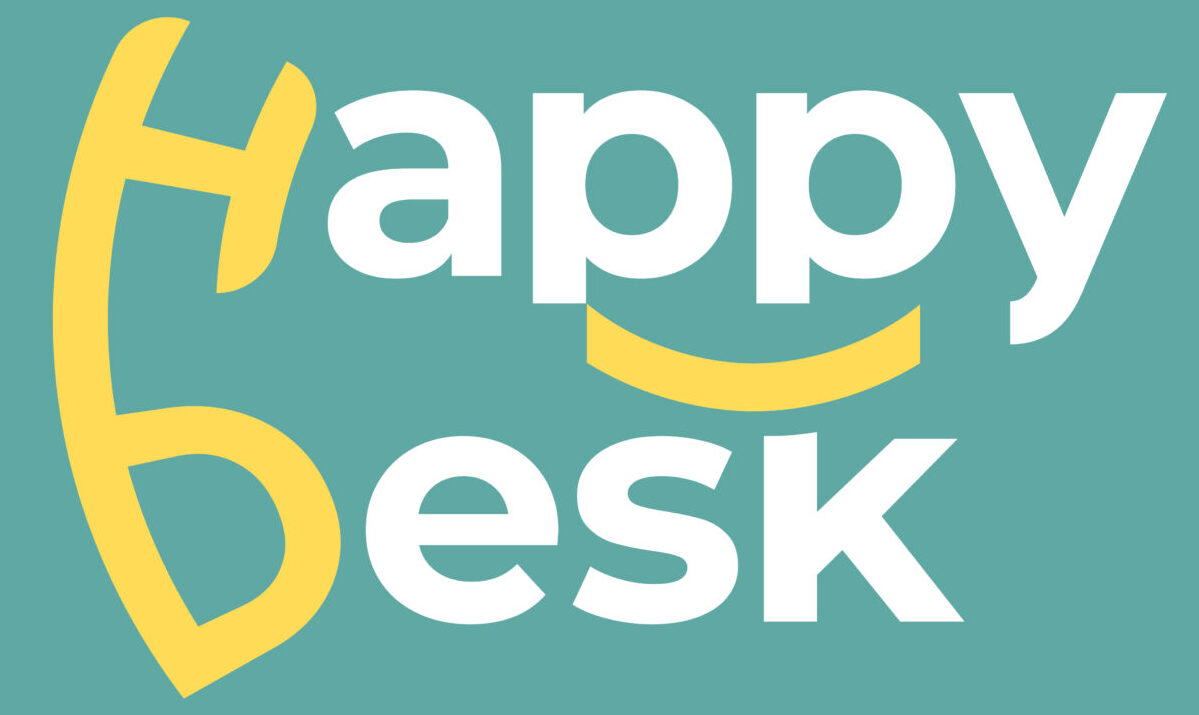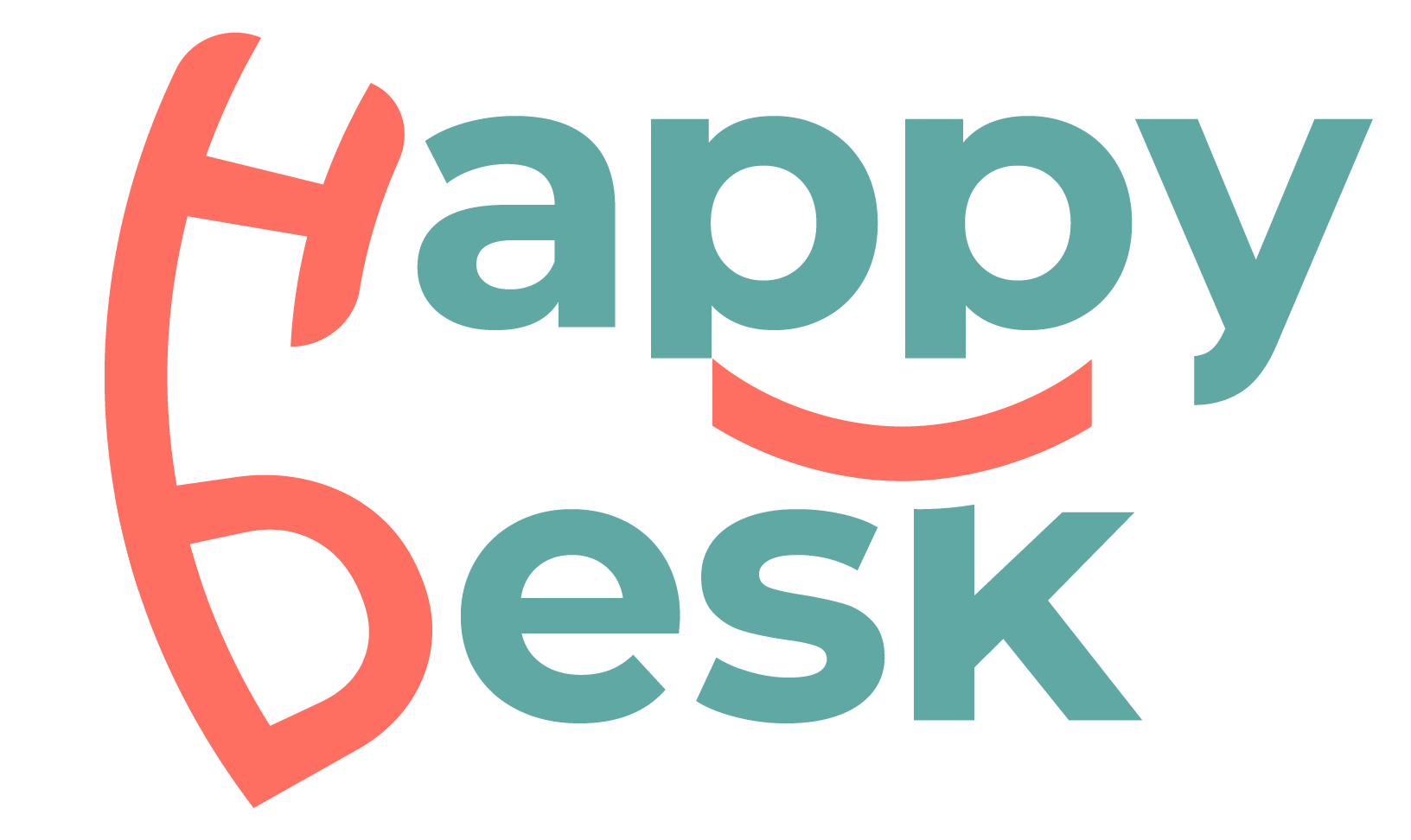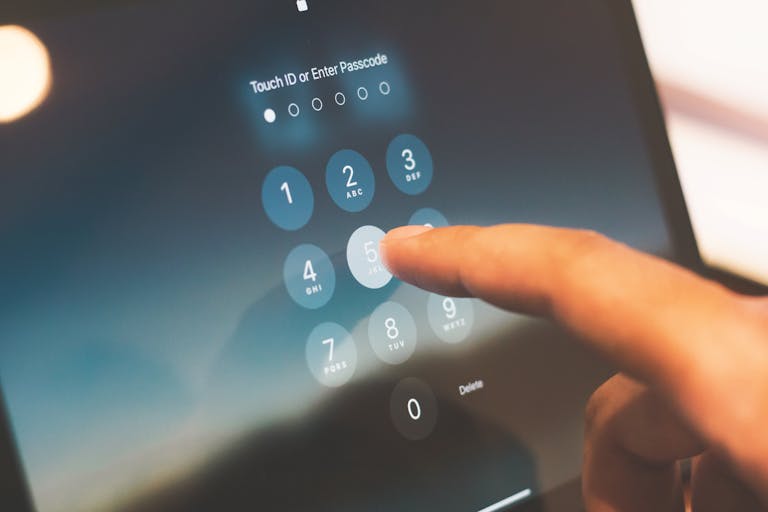Running a mental health practice is rewarding, but the administrative workload can feel overwhelming. Between scheduling, billing, client communication, and documentation, administrative tasks can take valuable time away from providing care. The good news is, you don’t have to do it all yourself. By streamlining and delegating, you can reclaim time and focus on what matters most—your clients.
In this blog, you’ll learn practical strategies to manage administrative tasks without burning out, so your practice can run smoothly, efficiently, and stress-free.
1. Delegate What You Can
It’s tempting to try to handle everything yourself, especially when you’re just starting out. But the reality is, you can’t be everywhere at once. Delegating non-clinical tasks to the right people or services can free you up to focus on client care.
One of the easiest ways to lighten your administrative load is by using a virtual receptionist service. Virtual receptionists can handle:
- Client scheduling: Allow clients to book appointments without back-and-forth calls.
- Client inquiries: Respond to potential and existing clients promptly and professionally.
- Appointment confirmations and follow-ups: Reduce no-shows and missed opportunities.
Virtual receptionists can be a cost-effective alternative to hiring full-time staff, especially for small or growing practices. They ensure that every call is answered, every inquiry is addressed, and you’re not stuck in administrative chaos.
2. Automate Repetitive Tasks
Automation is a game-changer for managing administrative tasks. From scheduling to billing, automating repetitive tasks reduces the manual work involved and minimizes errors.
- Online scheduling systems: Let clients book appointments online, saving you from endless phone tag. Look for systems that send automatic reminders to reduce no-shows.
- Automated billing and payments: An automated billing system can take care of sending invoices, processing payments, and following up on unpaid bills. Clients can make payments online, and the system will remind them when a payment is due. This saves you the hassle of chasing payments and ensures consistent cash flow.
- Document management: Store and organize client records, session notes, and important documents securely with document management software. This ensures you have quick access to what you need while staying HIPAA-compliant.
By automating these processes, you can drastically reduce the time spent on administrative work while maintaining a high level of efficiency in your practice.
3. Streamline Client Communication
Effective client communication is essential for running a successful practice. However, managing client calls, emails, and messages can be a full-time job on its own. To avoid drowning in communication, consider setting up systems that streamline the process.
- Use templates: For common responses, such as appointment confirmations, payment reminders, or frequently asked questions, create email and SMS templates to save time.
- Centralize communication: Use client management software that consolidates all your communication—email, calls, text messages—into one platform. This way, you’ll never lose track of an inquiry or message.
- Virtual receptionists: Let a virtual receptionist manage your client calls and follow-ups. They can ensure that every inquiry is handled promptly and professionally, even when you’re with other clients or outside of office hours.
By setting up these communication systems, you’ll spend less time answering calls and emails and more time focusing on your clients.
4. Prioritize and Set Boundaries
Not all administrative tasks need immediate attention, and it’s important to prioritize effectively. Time management strategies can help you avoid feeling overwhelmed by the sheer volume of work.
- Create a daily to-do list: Break tasks down into manageable chunks and prioritize them based on urgency and importance. Three priorities per day is optimal!
- Block out time: Set specific times during your day or week dedicated solely to administrative work. This helps you stay organized and prevents tasks from piling up. Research shows that switching between tasks or attempting to multitask can actually reduce your productivity. Each time you shift your focus from one task to another, you lose time and mental energy in the process.
- Set boundaries with clients: Clearly communicate your office hours and response times to clients. For example, if you don’t respond to emails or calls after 6 pm, let clients know, and stick to it.
When you’re clear about what tasks need attention and when you’ll handle them, you’ll prevent admin work from spilling over into your personal or clinical time.
5. Outsource Specialized Tasks
As your practice grows, there may be tasks that require specialized knowledge or time that you simply don’t have. In these cases, outsourcing can be an excellent solution.
- Hire a bookkeeper: A bookkeeper can manage your financial records, track expenses and revenue, and help you stay organized for tax purposes. Beyond taxes, a bookkeeper also provides insights into the financial health of your practice, helping you make informed decisions based on cash flow, profitability, and budgeting.
- Use a virtual assistant: For all the “small” tasks that you either don’t want to do or don’t feel like you have time to do (i.e., social media, marketing, invoicing, etc.) consider hiring a virtual assistant who specializes in working with small businesses or mental health practices.
- Outsource a biller: Dealing with insurance claims can be tedious and time-consuming. A professional biller can handle claim submissions, track denials, and follow up on reimbursements, ensuring you get paid on time without having to navigate complicated insurance processes.
- Try a virtual receptionist: A virtual receptionist can take over client communication, handle calls, and schedule appointments. They can ensure no call is missed and that potential clients are given prompt, professional responses. This helps your caseload to grow without you having to be there!
Outsourcing allows you to focus on your strengths—client care—while experts handle the behind-the-scenes work that keeps your practice running smoothly.
Happy Highlight
Managing administrative tasks doesn’t have to feel overwhelming. By automating repetitive processes and delegating/outsourcing, you can free up valuable time to focus on client care. Prioritizing tasks and setting boundaries ensures that you maintain balance while running a highly efficient and organized practice. With the right systems in place, your practice can thrive without you feeling burnt out.







